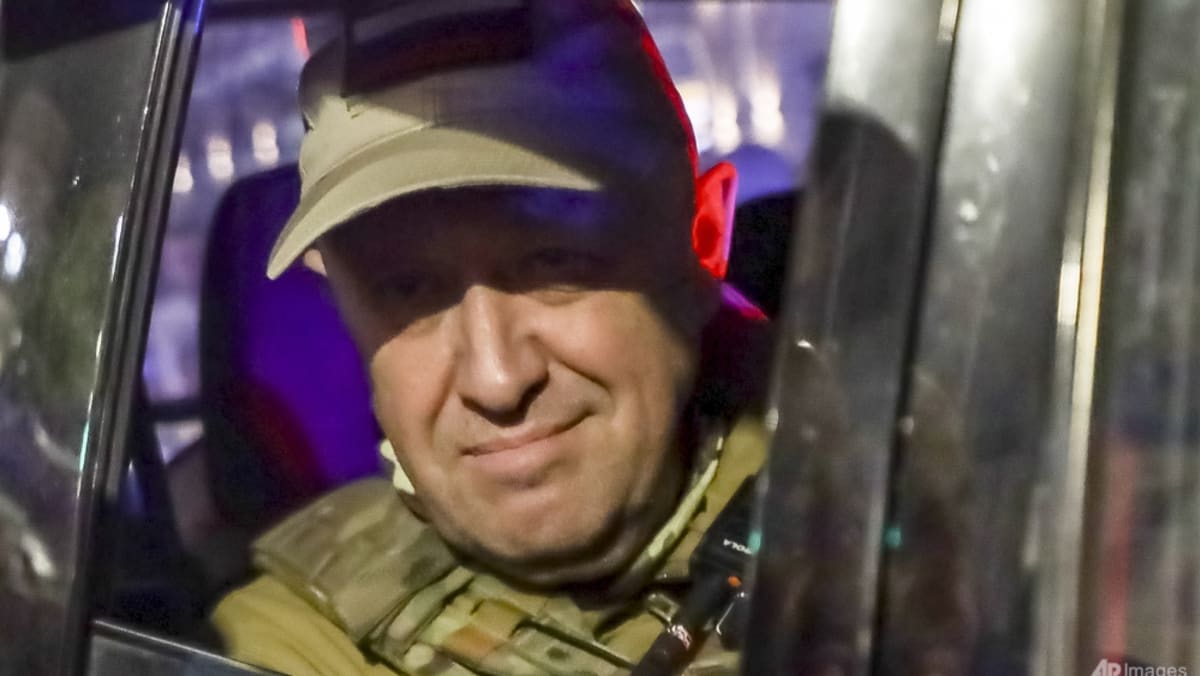Wagner chief to leave Russia for Belarus in deal to ease crisis
Rob Lee, a senior fellow at the US-based Foreign Policy Research Institute, said cooperation between Wagner and the Russian military was likely to suffer.
“Putin and the security services will likely try to weaken Wagner or remove Prigozhin,” Lee tweeted.
“Given Wagner’s presence overseas, the greatest effects from this event may be felt in MENA/Africa”, where Wagner has a large presence.
EARLY SIGNS OF REVOLT
While the Kremlin appeared to have been caught on the back foot, US spy agencies picked up signs days ago that Prigozhin was planning to act, US media reported.
They began tracking indications that Prigozhin and his mercenary force intended to move against the military leadership in mid-June, the Washington Post said, adding US spy agencies believed Putin was informed the Wagner chief was plotting his rebellion at least a day before it happened.
The United States and its allies publicly stayed on the sidelines as officials waited to see how the revolt would play out.
US President Joe Biden spoke with the leaders of France, Germany and Britain amid concerns that Putin’s control over the nuclear-armed country could be slipping.
Moscow issued a stiff warning to the United States and allies to stay back.
“The rebellion plays into the hands of Russia’s external enemies,” the foreign ministry said.
Before Prigozhin’s climbdown, Russian regular forces had launched what one regional governor called a “counter-terrorist operation” to halt the Wagner advance northwards up a main highway towards Moscow.
In the capital, the mayor urged Muscovites to stay indoors and declared Monday a day off work.
Security was tightened in the city centre, with armed men in flak jackets guarding the parliament building and Red Square closed off to the public.
“I don’t know how to react. In any case it’s very sad this is happening,” 35-year-old Yelena told AFP, declining to give her last name.
For all the latest world News Click Here

